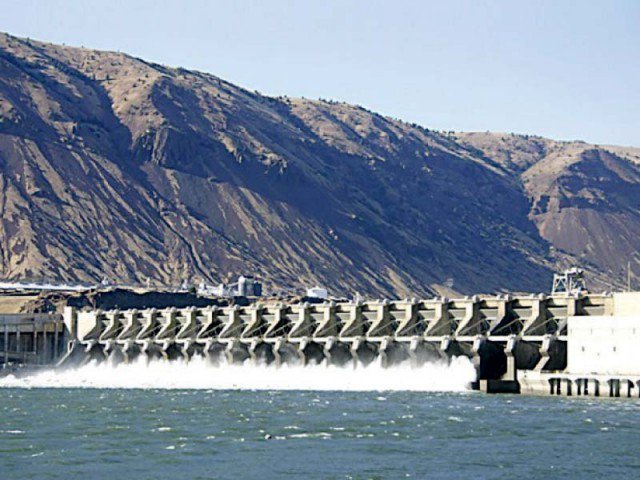ISLAMABAD – Pakistan has accused India of a serious violation of the 1960 Indus Waters Treaty by halting the natural flow of water from the Kishanganga Dam into the Neelum River, leading to a reported 40% drop in water pressure at multiple points, according to police authorities in Athmuqam.
The disruption has sparked alarm across Pakistan-administered Kashmir, where communities dependent on the river are already witnessing the impact. Athmuqam Police Superintendent confirmed that eight critical locations have been affected by the reduced flow.
The move comes amid rising tensions following India’s suspension of its participation in the World Bank-brokered treaty. New Delhi withdrew from the water-sharing pact after an April 22 incident in Indian-administered Kashmir, in which 26 civilians were killed in what India described as a terrorist attack. Pakistan has denied any involvement.
Following the treaty suspension, Indian Prime Minister Narendra Modi reportedly instructed officials to accelerate hydropower and water diversion projects along the Chenab, Jhelum, and Indus rivers — all of which are designated for Pakistan under the treaty’s provisions.
Among these projects is the expansion of the 19th-century Ranbir Canal, which channels water from Indian territory into Pakistan’s Punjab province. The canal’s capacity is being increased from 40 to 150 cubic meters per second, with its length set to double from 60 to 120 kilometers. India is also pushing forward with controversial plans to interlink the Chenab River with the Beas and Ravi — a step seen by Pakistani officials as an attempt to deprive the country of its legitimate water share.
In response, Pakistan’s military has issued a strong warning, stating that any move to undermine Pakistan’s water rights could trigger consequences lasting generations.
Meanwhile, China has ramped up construction on the strategically important Mohmand Dam in Pakistan, signaling Beijing’s support in strengthening the country’s water infrastructure amid mounting regional tensions.
























